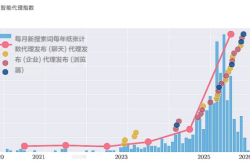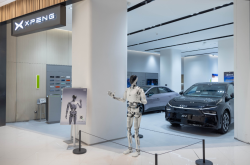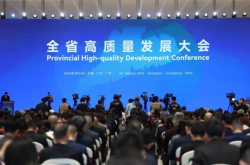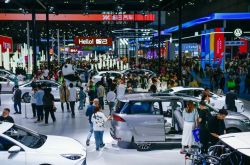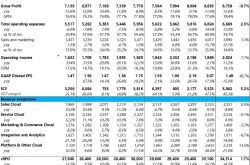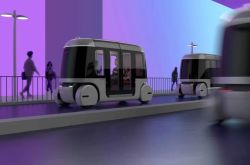China's Zeekr Teams Up with U.S. Waymo: Launching in Denver and Seattle—Can Autonomous Driving Tackle Snowy Conditions?
![]() 09/08 2025
09/08 2025
![]() 673
673
Introduction
IT Home, September 3 News:
Waymo has announced that starting this week, it will roll out Jaguar I-Pace SUVs and Zeekr vans in Denver and Seattle. This move marks a significant stride in the company's U.S. expansion plan. Initially, these vehicles will be manually driven, with a subsequent shift to autonomous system testing. Waymo has set its sights on launching a driverless taxi service in Denver next year and extending the service to the Seattle metropolitan area once it secures regulatory approval.
This development represents a major leap toward the commercialization of autonomous driving technology. The vehicles will undergo rigorous weather tests in two cities known for their frequent rain and snow. (For more context, refer to: 'Top U.S. Venture Capitalist Bill Gurley: Apollo Go and Waymo Are Neck and Neck! Global Autonomous Driving 'Duo' Reach 14 Million and 10 Million Rides Respectively—Who’s Leading?' )
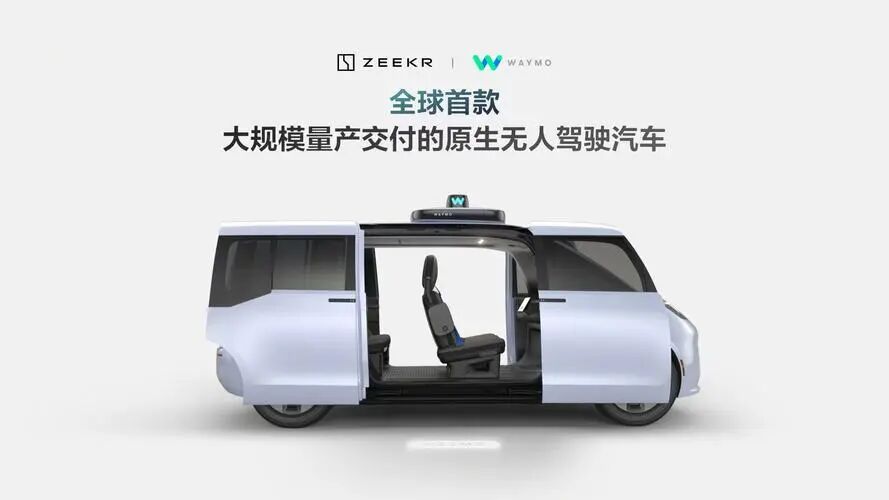
I. Strategic Layout: Why Denver and Seattle?
Waymo's selection of Denver and Seattle as its new test sites underscores its ambition to master autonomous driving technology under challenging weather conditions.
Denver is notorious for its heavy winter snowfall, while Seattle is characterized by its rainy climate. Both conditions place significant demands on the reliability of autonomous driving sensors and the adaptability of algorithms.
During tests in sunnier regions like Phoenix, Waymo rarely encountered complex weather scenarios such as rain and snow.
For autonomous driving systems to be deployed globally, they must demonstrate their capability to handle a variety of harsh weather conditions. Rain and snow can impair the perception abilities of LiDAR and cameras, while strong winds may affect vehicle stability control.
Waymo's expansion strategy highlights its urgent need to commercialize its technology.
In addition to Denver and Seattle, Waymo has previously conducted 'trial runs' in Philadelphia and plans to extend testing to cities like Las Vegas, San Diego, Houston, Orlando, and San Antonio.
This multi-city, multi-climate testing approach will yield valuable data for refining its technology.
II. Zeekr and Waymo: A Technological Alliance Bridging East and West
Zeekr's collaboration with Waymo dates back to 2021 when the two companies announced a partnership to produce driverless electric vehicles.
The van model entering the U.S. market is built on Zeekr's Intelligent Mobility Platform—the SEA-M architecture—developed by Zeekr's European Innovation Center.
In October of the previous year, Zeekr CEO An Conghui disclosed that the driverless robotaxi co-developed by Zeekr and Waymo had already commenced road testing abroad, describing it as 'the world's first mass-produced native driverless vehicle.'
In July of the previous year, Waymo transported a batch of Zeekr electric mini-vans to the U.S. for its driverless taxi service.
These vehicles are outfitted with Waymo's sixth-generation sensor suite, representing the pinnacle of current autonomous driving technology.
Unlike autonomous vehicles retrofitted from existing models, the vehicles designed by Zeekr for Waymo are purpose-built for driverless operation. They incorporate all autonomous driving requirements from the initial design phase, including sensor placement, computing platform integration, and vehicle control.
III. Commercialization Progress: The Daunting Leap from Testing to Service
Waymo's plan to launch a driverless taxi service in Denver next year reflects its confidence in the technological maturity of its system.
However, transitioning from testing to commercial service entails overcoming numerous challenges.
First, there are technological hurdles.
Reliability under complex weather conditions is just one facet; others include managing unexpected traffic situations, interacting with human drivers, and responding to special circumstances like road construction.
Waymo must demonstrate that its system is safer than human drivers in all scenarios.
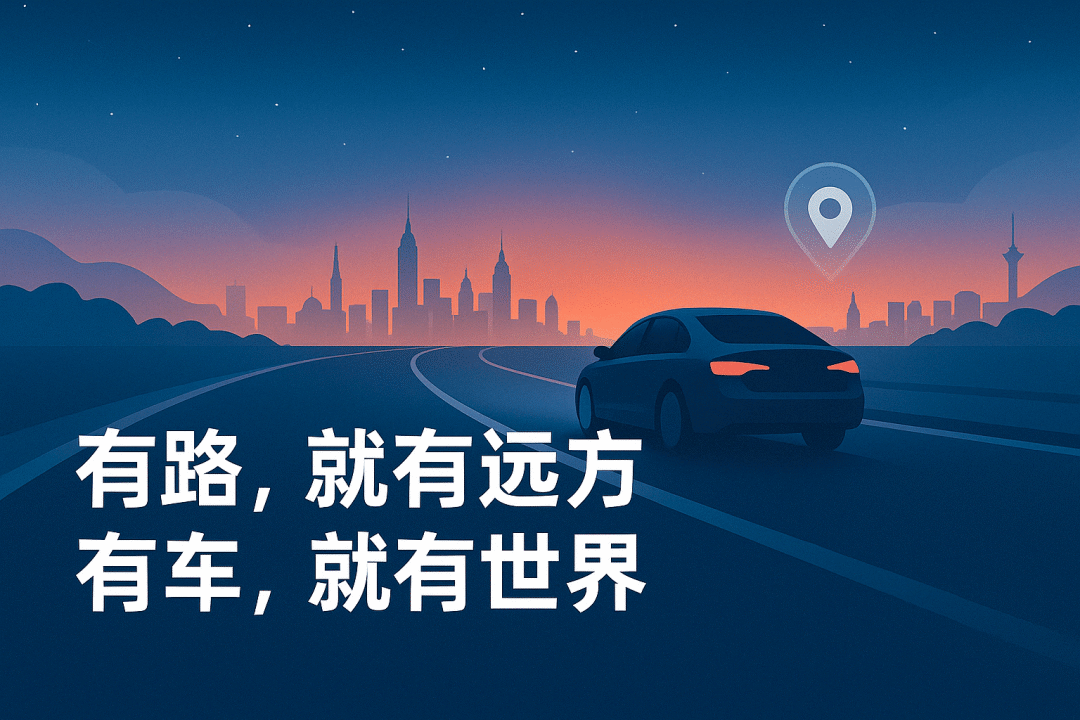
Second, there is the issue of regulatory approval.
While Waymo has secured operational permits in places like Phoenix, each state and city has its own set of regulatory requirements.
Gaining operational approval in the Seattle metropolitan area may necessitate a complex demonstration process.
Third, there is the matter of public acceptance.
Even with fully reliable technology, earning passenger trust in driverless vehicles remains a time-consuming endeavor.
Waymo needs to accumulate sufficient safety records through actual operations to prove the reliability of its system.
IV. Industry Impact: The Global Autonomous Driving Competition Enters a New Era
Waymo's expansion signifies a new chapter in the global autonomous driving competition.
Moving from sunny regions to rainy and snowy cities, expanding from single-city testing to multi-city deployment, and transitioning from technological testing to commercial services, the autonomous driving industry is undergoing a profound transformation.
For China's automotive industry, the collaboration between Zeekr and Waymo holds symbolic importance.
This marks the first instance of a Chinese automaker engaging in such in-depth cooperation with a leading international autonomous driving company, not only supplying vehicle platforms but also participating in design and development.
This cooperation model offers new perspectives for Chinese automakers to integrate into the global autonomous driving industry chain.
As autonomous driving testing expands to more cities worldwide, the demand for related technical talent will continue to surge.
Students proficient in autonomous driving technology will find more opportunities in the job market, while universities will need to revise their curricula to cultivate more interdisciplinary and versatile talent.
Waymo's expansion could accelerate the commercialization of autonomous driving technology.
If its tests in Denver and Seattle proceed smoothly and driverless taxi services are launched next year, it will propel the entire industry toward rapid commercialization. Other autonomous driving companies may also expedite their testing and deployment plans.
In conclusion, the autonomous driving experiment unfolding on the streets of Denver and Seattle, as observed by 'Driverless Car Coming' (WeChat Public Account: Driverless Car Coming), will shape the development trajectory of the entire industry.
Regardless of the outcome, this collaboration between Waymo and Zeekr has provided crucial insights for the global application of autonomous driving technology.
What are your thoughts, dear readers?
#DriverlessCarComing #Driverless #AutonomousDriving #DriverlessVehicle #Waymo #Zeekr

